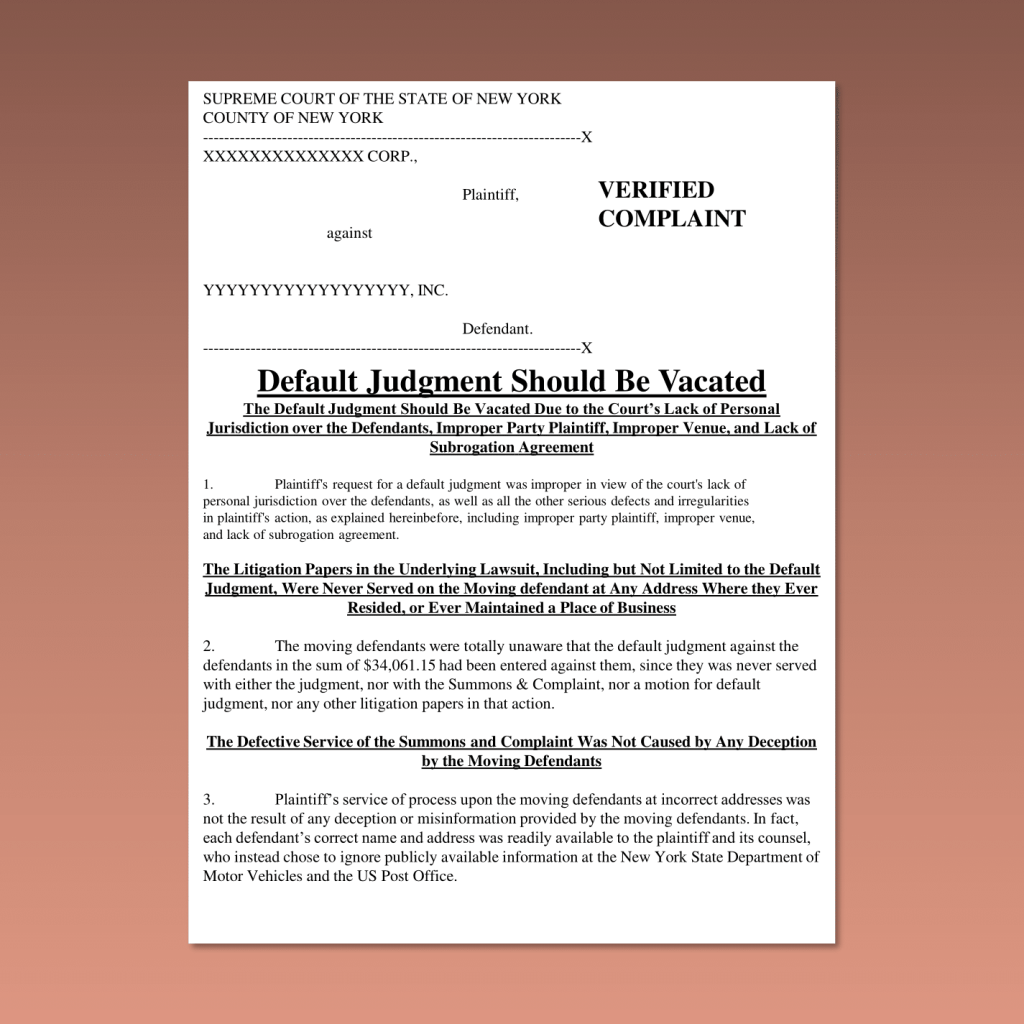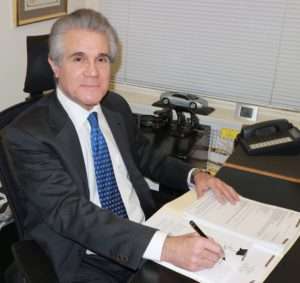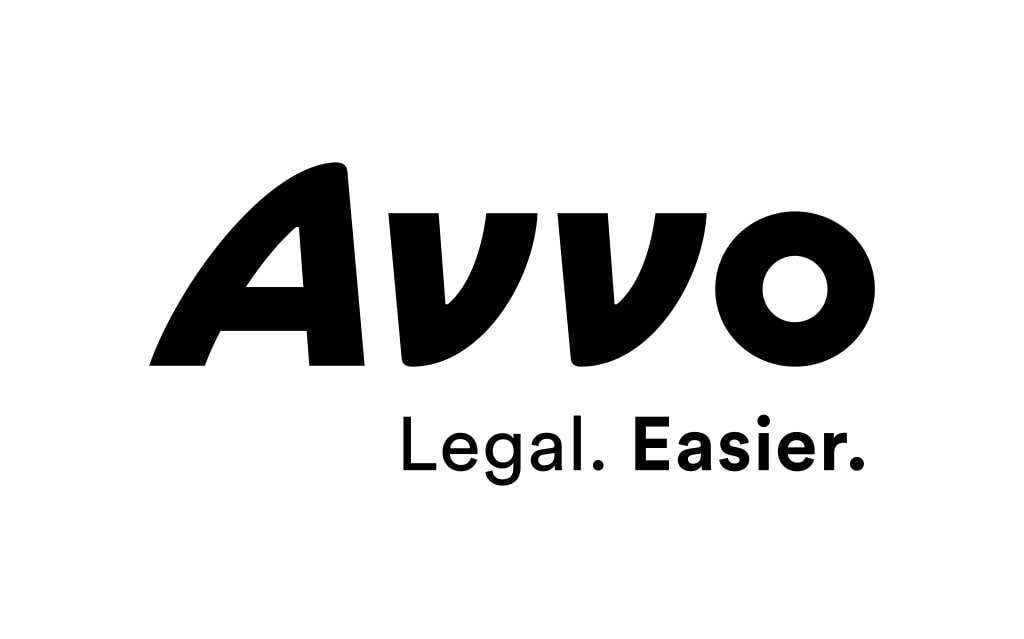Vacate NY Default Judgment – NY Default Judgment Defense Lawyer

Vacate A Default Judgment in New York State
Vacating a default argument in New York State requires analyzing the circumstances that gave rise to the default judgment, and determining how those facts interact with several New York statutes. Your selection of an experienced New York Default Judgment Attorney is an important step in the process of seeking to vacate your NY default judgment.
How Can a Plaintiff Obtain a New York State Default Judgment against a Defendant
In New York State if a defendant fails to file an answer to a summons and complaint within the time required by law, the plaintiff may be able to obtain a default judgment against that defendant. Where the amount of money sought in the lawsuit is a sum certain, the default judgment may be obtained by making an application to the judgment Clark of the court in which the lawsuit is pending.
If the amount of money sought in the lawsuit is not a sum certain, the plaintiff will be required to prove the amount of money that the plaintiff is entitled to. That proceeding is referred to as an inquest and is essentially a mini-trial.
There are many reasons why a defendant may have failed to serve an answer to the summons and complaint, such as improper service of the summons and complaint, or service of the summons and complaint upon the New York State Secretary of State’s office, which is permitted in certain circumstances, such as motor vehicle accidents and lawsuits against New York State corporations, limited liability companies, etc. or out-of-state corporations, limited liability companies, etc. that are licensed to do business in the state of New York.
Vacate a NY Default Judgment Obtained without the Defendant’s Knowledge of the Lawsuit
In many instances, a defendant against whom a default judgment has been entered first learns about the default judgment when the plaintiff initiates collection proceedings against the defendant.
Under certain circumstances, New York law may permit a defendant to vacate the default judgment by making an application to the court. A defendant seeking to vacate a default judgment must prove to the court that certain legal criteria have been satisfied.
Vacating a default judgment in New York is far from an automatic process, and an application to vacate a default judgment in New York will only be granted if the defendant proves entitlement to that remedy in accordance with the relevant statutes.
CPLR Rule 5015 (a)(4)
Often, the legal basis for vacating a default judgment is based upon improper service of process of the summons and complaint upon the defendant. This may occur if the plaintiff fails to exercise due diligence in determining the defendant’s current home address and inadvertently serves the defendant at a previous address whether the defendant no longer resides. In this situation, the defendant may be able to vacate the default judgment by CPLR Rule 5015(a)(4).
CPLR Rule 5015 (a)(4) permits the court to vacate a judgment where the court lacked jurisdiction to render the judgment. Under this provision, there is no stated time limit to move to vacate the judgment, since the judgment is a nullity, by reason of the fact that the court that granted the default judgment had no personal jurisdiction over the defendant. Also, where the Court lacks personal jurisdiction over the defendants, as a result of invalid service of process, the defendant seeking to vacate the default judgment is not legally required to provide a reasonable excuse for not answering the defectively served summons and complaint. In addition, the defendant is not legally required to prove a meritorious defense to the plaintiff’s Complaint.
If however the defendant intentionally misled the plaintiff as to the defendant’s residence address, and the plaintiff relied upon that misrepresentation in serving the summons and complaint at the wrong address, the plaintiff may have a valid legal basis for opposing the defendant’s motion to vacate the default judgment, and the defendant may not be entitled to have the judgment vacated.
Traverse Hearing
If there are issues of fact about the service of the summons and complaint, or whether the defendant misled the plaintiff about the defendant’s residence, or whether the defendant received the summons and complaint, the court may direct that a traverse hearing be conducted at which there will be testimony and other evidence to enable the Court to determine the facts and circumstances surrounding the service of the summons and complaint, and whether the defendant intentionally misled the plaintiff as to the defendant’s address, if that issue was raised by the plaintiff, and whether the defendant received the summons and complaint, etc.
Similarly, if the plaintiff serves the defendant through the New York State Secretary of State’s office in accordance with Vehicle and Traffic Law, Business Corporation Law, Limited Liability Company Law, etc., the Secretary of State’s office is required to mail a copy of the summons and complaint to the defendant at the address that the defendant has on file with the New York State Department of Motor Vehicles (for motor vehicle cases) or the New York State Secretary of State’s office (for corporations, LLC’s etc.). If the defendant has moved from the address that is on file, and failed to notify the New York State Department of Motor Vehicles, or the New York State Secretary of State’s office, that failure will likely (but not necessarily) prevent the defendant from effectively arguing that the summons and complaint was mailed to the defendant’s previous address, since it was the defendant’s failure to provide the current address that resulted in the defendant not receiving the summons and complaint.
CPLR 317
Where a defendant is not served by personal delivery of the summons and complaint, CPLR 317 provides that the defendant may obtain a vacatur of its default judgment, provided that the defendant demonstrates that it did not personally receive notice of the lawsuit in time to defend against the action, and the defendant must also show that it has a meritorious defense to the lawsuit. The granting of a defendant’s motion to vacate a default judgment pursuant to CPLR 317 is addressed to the sound discretion of the trial court.
CPLR Rule 5015(a)(1)
CPLR Rule 5015(a)(1) permits the court to vacate a judgment because of excusable default where the motion is made within one year after service of a copy of the judgment. CPLR Rule 5015(a)(1) may permit a defendant to vacate a default judgment even if it was served properly, however, the defendant will be required to demonstrate both a reasonable excuse for the default and a showing of a meritorious defense to the plaintiff’s lawsuit.
Furthermore, under this provision of New York law, the application to the court seeking to vacate the default judgment must be made within one year after the service of a copy of the judgment upon the defendant.
Court’s Discretion to Vacate a Default Judgment
A default judgment may be vacated by the enumerated grounds in CPLR Rule 5015(a) in the exercise of the court’s discretion and upon such terms as may be just. The court’s decision of whether to vacate a judgment is a discretionary one and may be granted on such terms as may be just. This language applies to all five of the enumerated subdivisions of CPLR Rule 5015(a).
Temporary Restraining Order
The application to vacate a default judgment should be made by Order to Show Cause, rather than by Notice of Motion, to temporarily prevent the plaintiff from enforcing the default judgment pending the court’s decision on the application to vacate the default judgment.
Legal Effect of Vacating a Default Judgment
If the court determines that the summons and complaint were improperly served upon the defendant and therefore that the court which granted the default judgment had no personal jurisdiction over the defendant, then typically the court will not only vacate the default judgment but also dismiss the lawsuit. If the statute of limitations has expired, the plaintiff would not be able to successfully bring a new lawsuit for the same relief.
If however, the court determines that the summons and complaint were properly served, but that the defendant’s default was excusable, and that the defendant has demonstrated a meritorious defense, the court will typically vacate the default judgment and permit the defendant to serve an answer to the summons and complaint and defend the lawsuit. This is certainly preferable to losing the case by default since the plaintiff will now need to prove its case, and the defendant will have an opportunity to obtain pretrial discovery and to prove its defenses to the lawsuit.
NY Default Judgment Defense Lawyer
Our NY Default Judgment Defense Lawyer has successfully vacated many default judgments in New York State and might be able to assist you in vacating the default judgment entered against you or your company. The likelihood of successfully vacating a default judgment depends on the particular facts and circumstances that resulted in the entry of the default judgment.
Contact Our NY Default Judgment Defense Lawyer to Discuss the Possibility of Vacating a Default Judgment
To discuss the circumstances of your New York default judgment with our experienced NY Commercial Litigation Attorney, and default judgment defense attorney, we invite you to complete our Commercial Litigation Questionnaire or click Contact Us. You may also call Michael W. Goldstein for a free initial telephone consultation, or to schedule a consultation at our office.
NY Default Judgment Defense Attorney Disclaimer
Our New York default judgment defense attorney represents defendants seeking to vacate default judgments throughout New York City including Manhattan, Brooklyn, Queens, Bronx and Staten Island, as well as Nassau County, Suffolk County, Westchester County, Rockland County and some upstate New York counties as well.
The information contained in this website is not intended to constitute legal advice, nor to create an attorney-client relationship or lawyer-client relationship. We recommend that you discuss your default judgment with a New York default judgment defense attorney or commercial litigation lawyer promptly.
Visiting our website, submitting any information via questionnaire or email, or discussing your case with our New York default judgment defense attorney or NYC Commercial Litigation Attorney, does not create an attorney-client relationship. An attorney-client relationship with our law firm can only be established with the signing of a written retainer agreement prepared by our New York default judgment defense attorney and NY Commercial Litigation Attorney.
New York Default Judgment Defense Attorney & Commercial Litigation Law Firm
We represent clients in New York City, Manhattan, Bronx, Brooklyn, Queens, Staten Island, Long Island, Nassau County, Suffolk County, Westchester County, Rockland County and upstate New York, in vacating New York default judgments, as well as clients who live outside New York State against whom a NY default judgment has been entered.
Law Offices of Michael W Goldstein
NY Default Judgment Defense Lawyer
New York Litigation Attorney
Free Phone Consultation
Attorney Advertising



